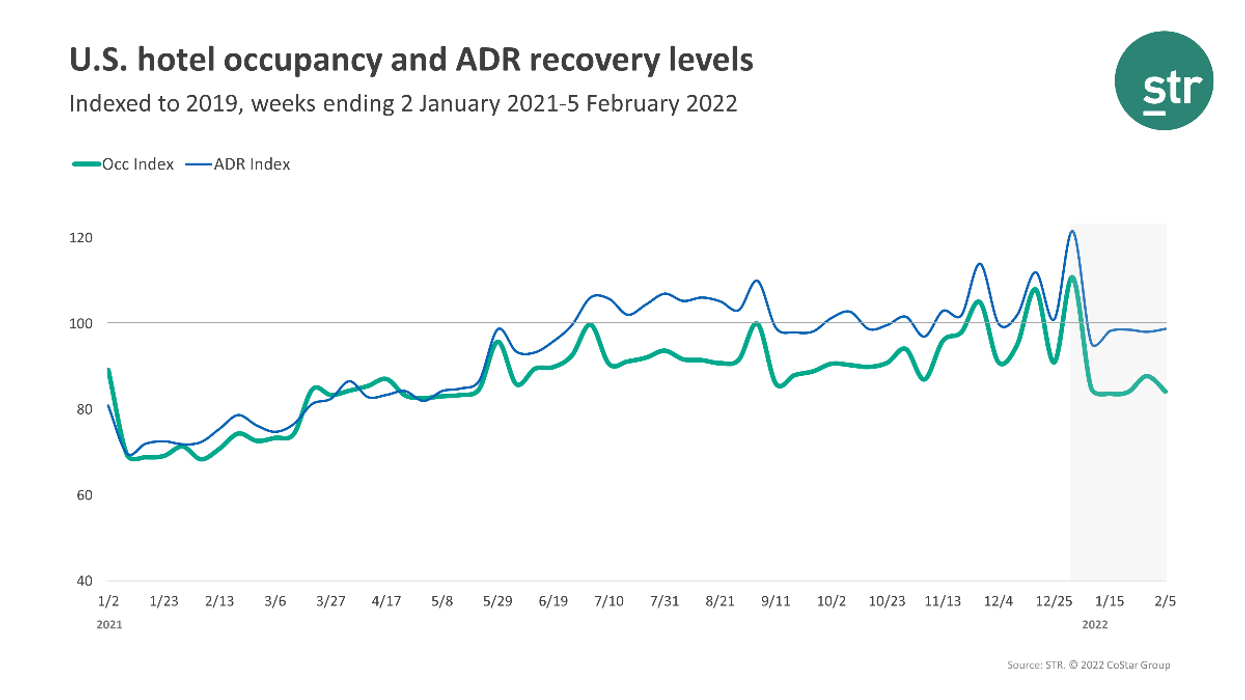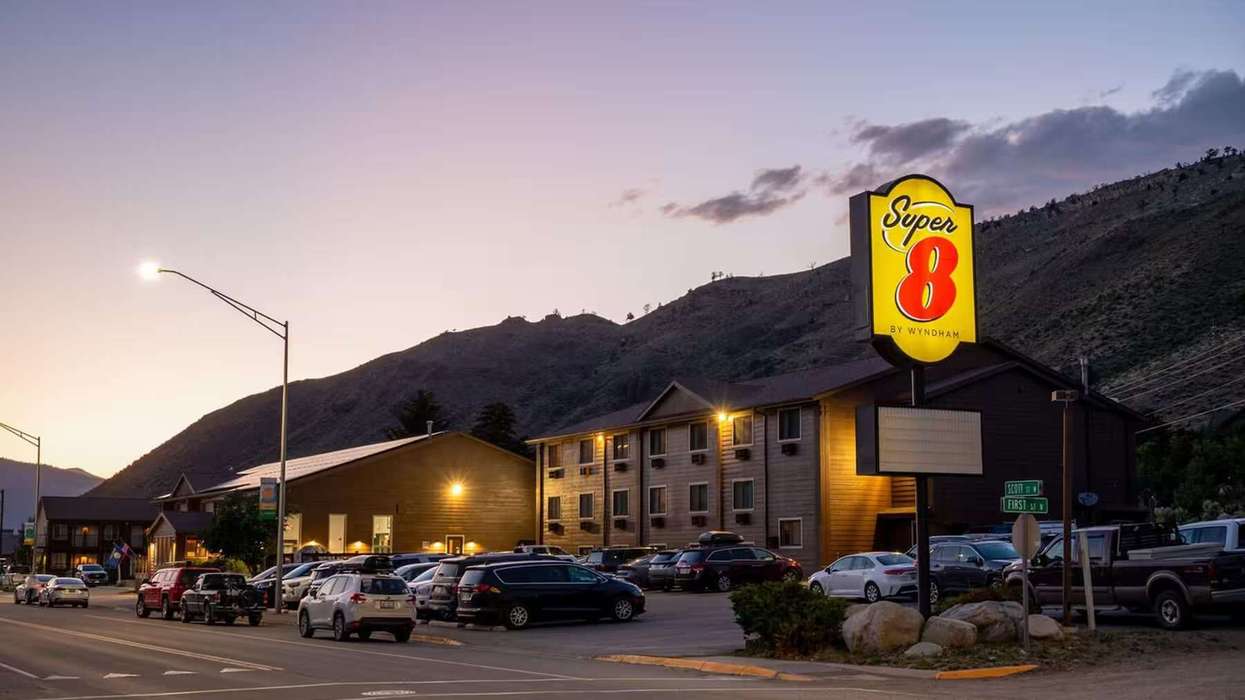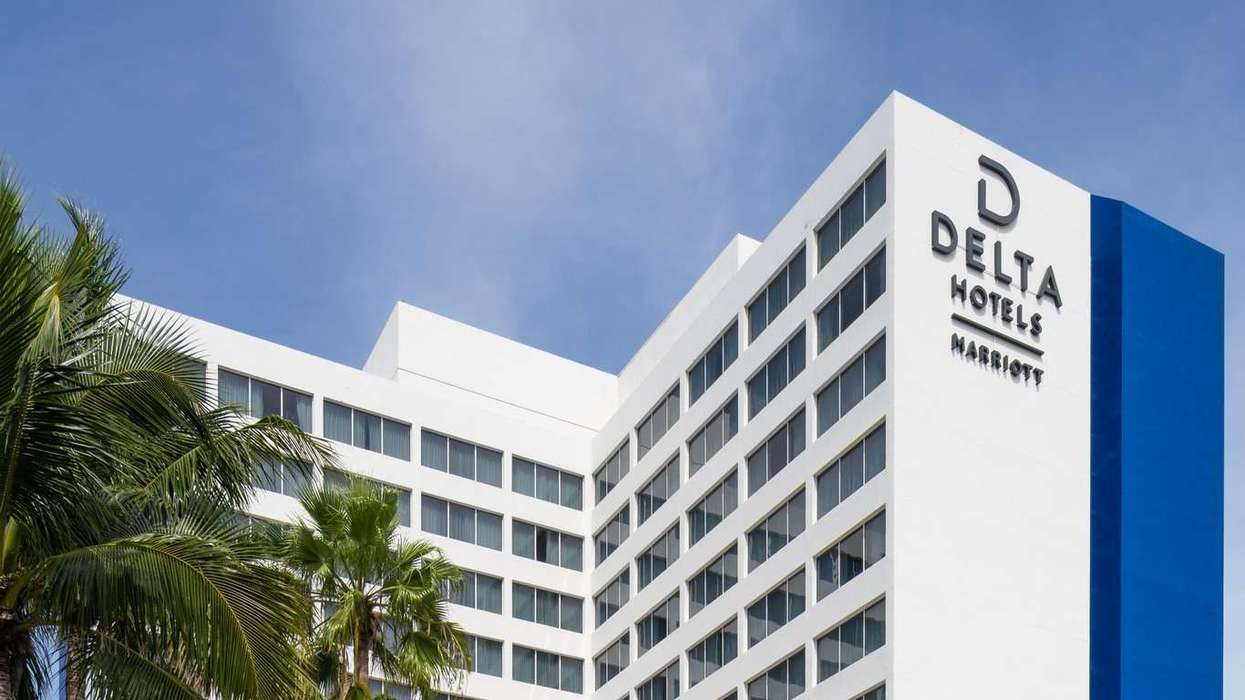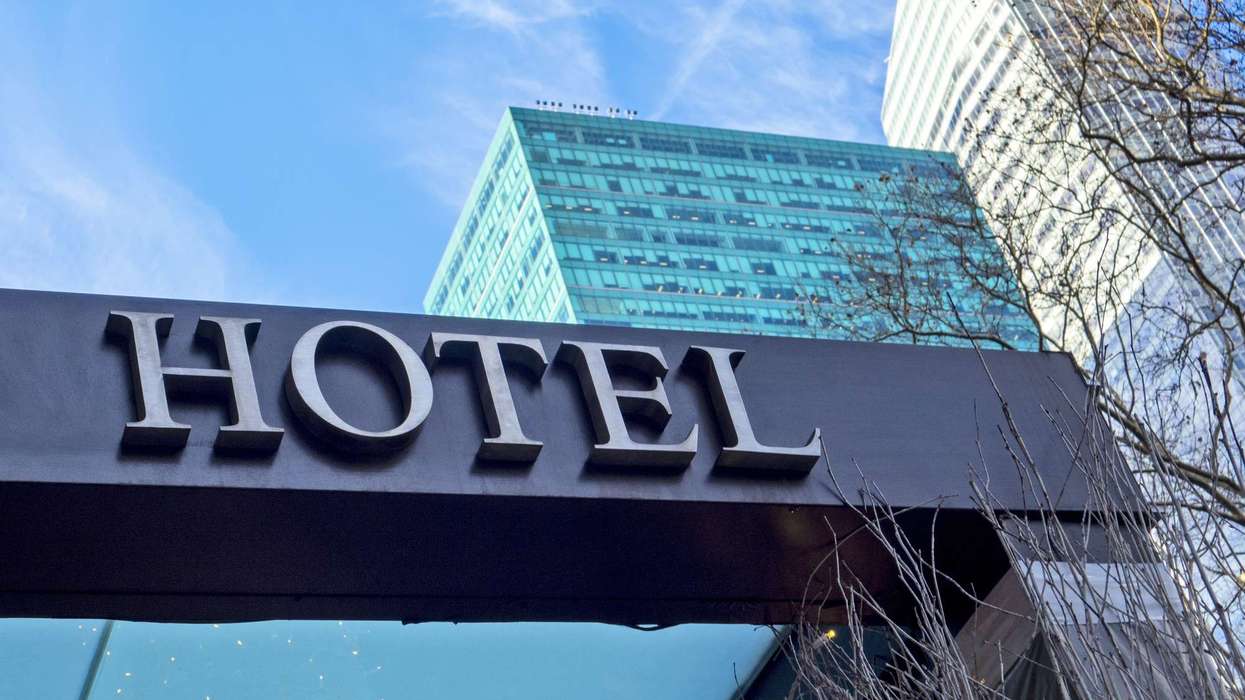IN THE FIRST week of February, U.S. weekly hotel occupancy eclipsed 50 percent for the first time in more than a month, according to STR. However, occupancy declined for the week under review when compared to the same period in 2019.
Occupancy was 50.4 percent for the week ending Feb. 5, up from 49.7 percent the week before and down 15.8 percent from the comparable week in 2019. ADR was $125.06 for the week, up from $122.40 the week before and down just 1.2 percent from two years ago.
RevPAR reached $63.05 during the week under review, up from $60.82 the week before and down 16.8 percent from the same period two years ago.
According to the report, none of STR's top 25 markets recorded an occupancy increase over 2019. Norfolk/Virginia Beach came closest to its pre-pandemic level, down just 0.6 percent to 47.3 percent.
Miami posted the highest ADR increase, 16.6 percent to $285.03, over 2019.
San Francisco/San Mateo experienced the largest occupancy decrease, down 52.1 percent to 38.4 percent. The steepest RevPAR deficits were in San Francisco/San Mateo, dipped 71.3 percent to $58.98), followed by Washington, D.C, down 48.3 percent to $43.58.





